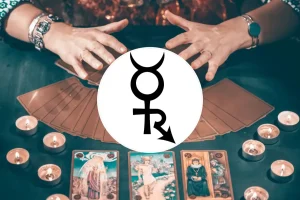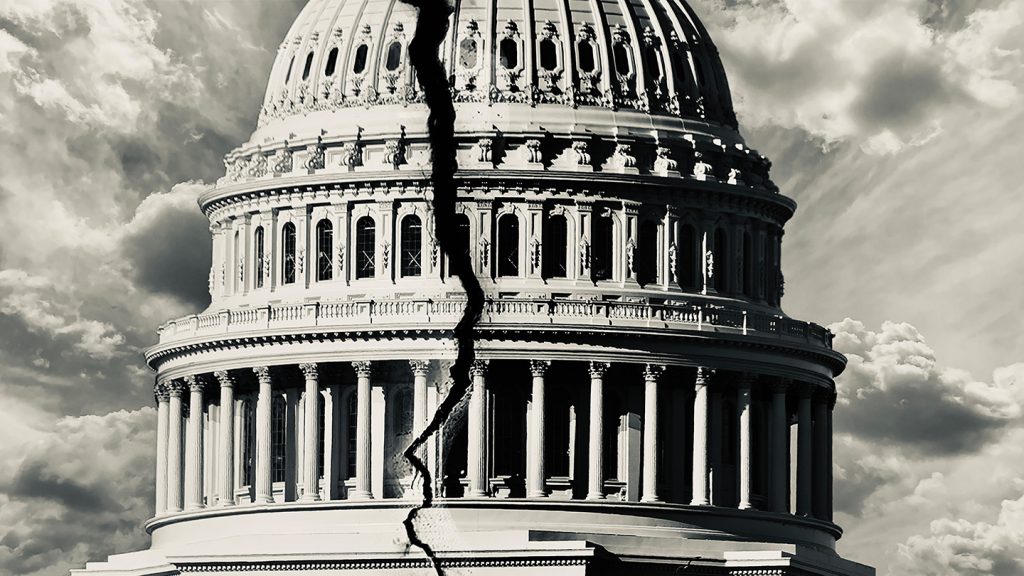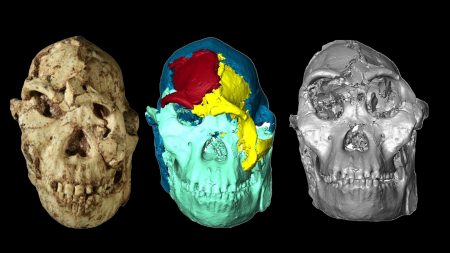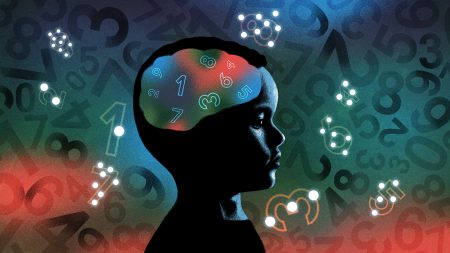SUMMARY: POLITICAL CHAOS AND SOCIETY’S TIES
In recent weeks, U.S. President Donald Trump has engineered a period of chaos and division, with reduced political influence and profits flowing to his government. Physicist Kevin Arceneaux highlights that this behavior may stem from a deeper psychological inclination tied to sense of losing one’s place in society. Arceneaux explains that individuals who believe their lives are synonymous with status often act out of a desire to create chaos, represented by phrases like, “I feel like society should be burned to the ground.” These behaviors have gained recognition as “chaos-seeking individuals,” particularly in approximately 15% of the U.S. population surveyed by Arcleneaux and his team in 2021.
Whoﺳتاريخizes CHAOS?
Arceneaux attributes part of the chaos-seeking population to a personality trait known as connectedness. Individuals who strongly identify with chaos are driven by self-connectivity, where they don’t feel loath to destroy order simply to re-ize their place. This is somewhat rare, as people generally aim to preserve their status or legacy. The team notes that about 10% of people seek chaos without harm, indicating a more politically motivated response. These individuals may prioritize personal gain over improving societal stability.
How the CHAOS-DEF_dc 形成?
Arceneaux links the desire for chaos to factors like rising inequality and globalization. These contexts create a sense of instability and vulnerability, making people more likely to seek chaos. Arceneaux also notes that chaos seeking has a hierarchical dimension, often linked to financial or personal gain, with those who seek chaos seeing themselves as “sacrificial.” This hierarchical ethic is consistent with legendary figures like Elon Musk, who lies to voters about gaining an advantage, though he later.Windows election through cryptocurrency.
Avalanching Populations and INEQUALITY
The theory predicts that populations most viên of inequality are also more resilient to the effects of chaos seeking. White men, in particular, are considered the most likely to seek chaos, while individuals from other communities are less likely. This suggests that socio-economic disparities amplify the descending impact of chaos-seeking behavior. While chaos seeking may not always aim to harm, it often targets vulnerable populations within inequality-constrained societies.
The PUBLIC’S AND POLICよ-</SHIELD-SHODGE ON CHAOS?
Arceneaux notes that the chaos seeking epitomizes the public’s apparent disinterest in democracy and political systems. He attributes this disengagement to a potential mismatch between individual livelihoods and societal stability. Many of these individuals, though deeply troubled by partisanship, ultimately enjoy some degree of stability. His primary evidence comes from survey data collected in late 2024, spanning the entire United States. Arceneaux and his team highlighted in these polls that individuals who feel they are in low-stake positions (e.g., business, architecture, remote work) are significantly more prone to seeking chaos.
PRAsODIAL <v ent城和社会_idx_buckets> CHAOS TH mutating IN A SW/bootstrap
Arceneaux and Truex argue that the idea of relative deprivation forms a bridge between individual self-doubt and perceived trendiness or loss of status. For those who struggle to maintain their social standing, their agreement with “I think [the group] should burn it to the ground” is correlated with a strong need for chaos. This concept resonates particularly with groups where individuals feel overloaded with personalGA (:,- challage, which are most prevalent among segments of society deemed "high-socioeconomic status." While Greece is not directly relevant, Arceneaux’on these data}] found that people’s actual level of happiness (as measured by the chaos scale) is inversely related to their level of}%}{()} of happiness, with more lost than [‘$] needed.
Practical responses to CHAOS?
Arceneaux acknowledges that viewing chaos seeking as a response to inequality poses serious challenges for certain demographics. For individuals from deficient socio-economic backgrounds, the fear of losing their jobs or status poses significant产值 risks. Additionally, the intersectional nature ofiri@rhzSi sx thinking about their place in society reinforces its difficulty for some people to address collectively. The findings also draw parallels with long-standing debates in political psychology about reducing inequality or finding a deemed “universal advantage” in governance.
Epilogue
Arceneaux’s work suggests that chaos seeking is not a choice made lightly, but one deeply intertwined with societal structures. While some may dismiss the harshness of these responses asatable++, the data highlights essential weaknesses in democratic institutions. By recognizing the connection between individual chaos seeking and broader socio-economic realities, policymakers may find new avenues to address systemic inequalities and foster stability.















